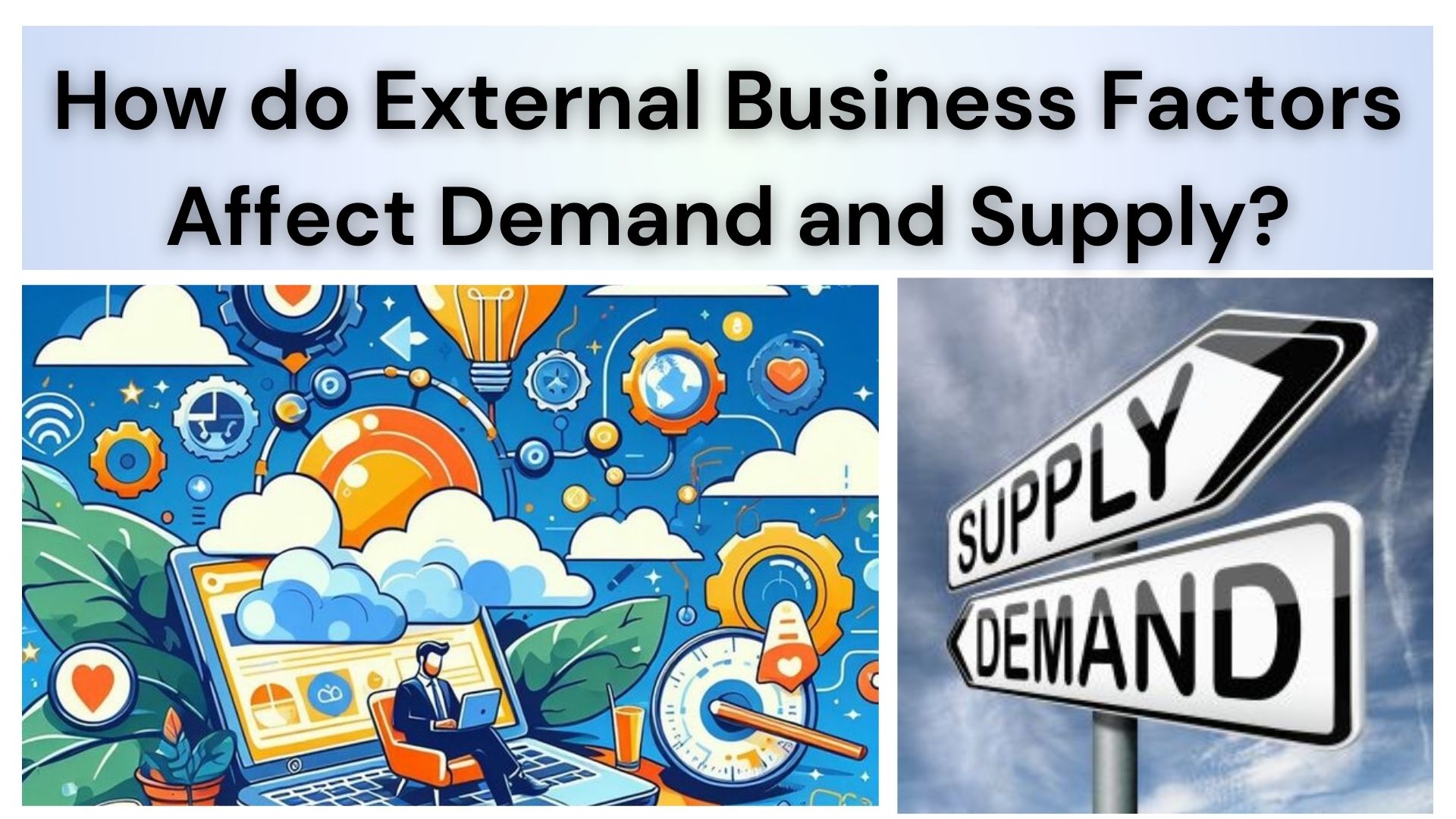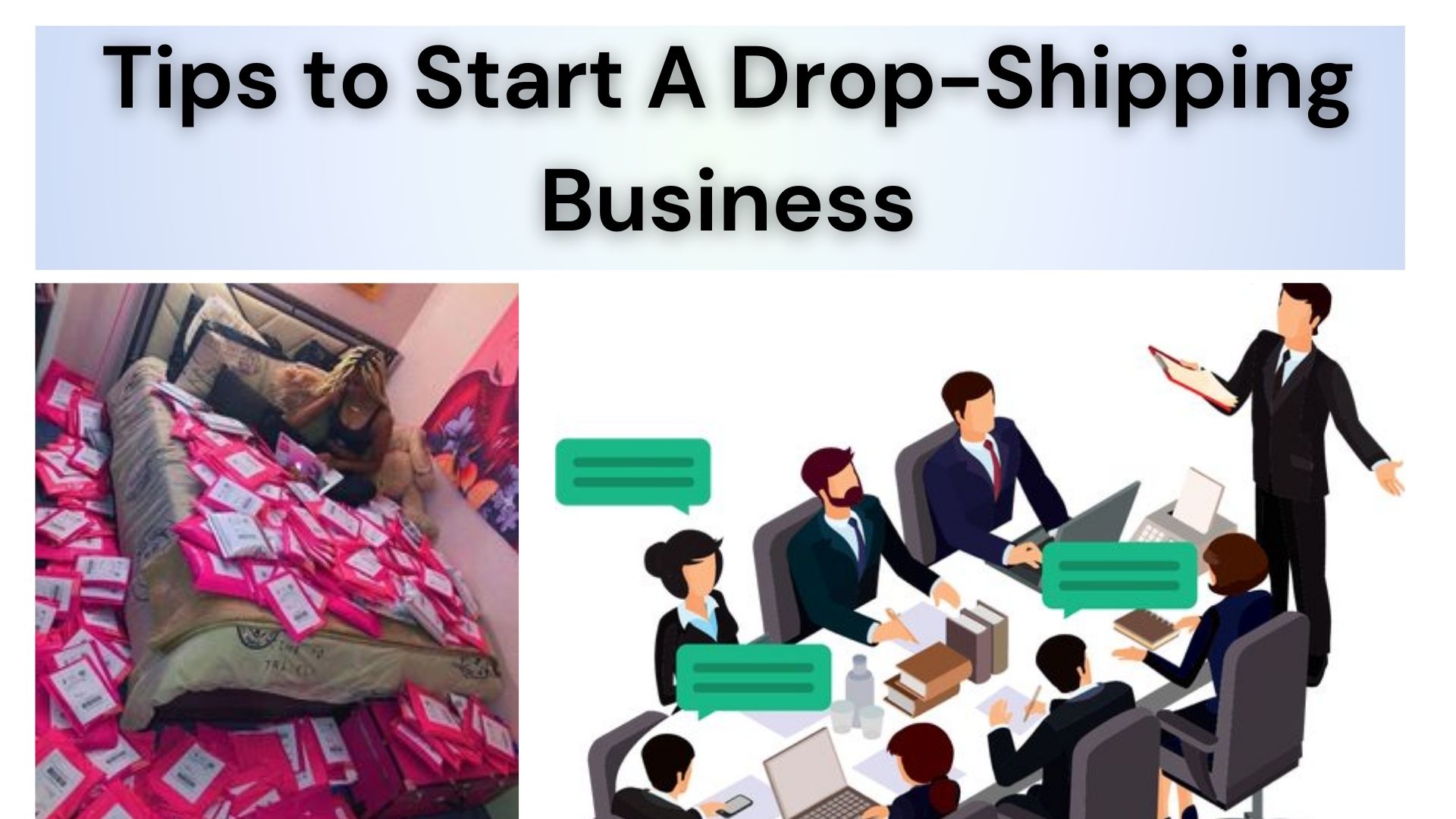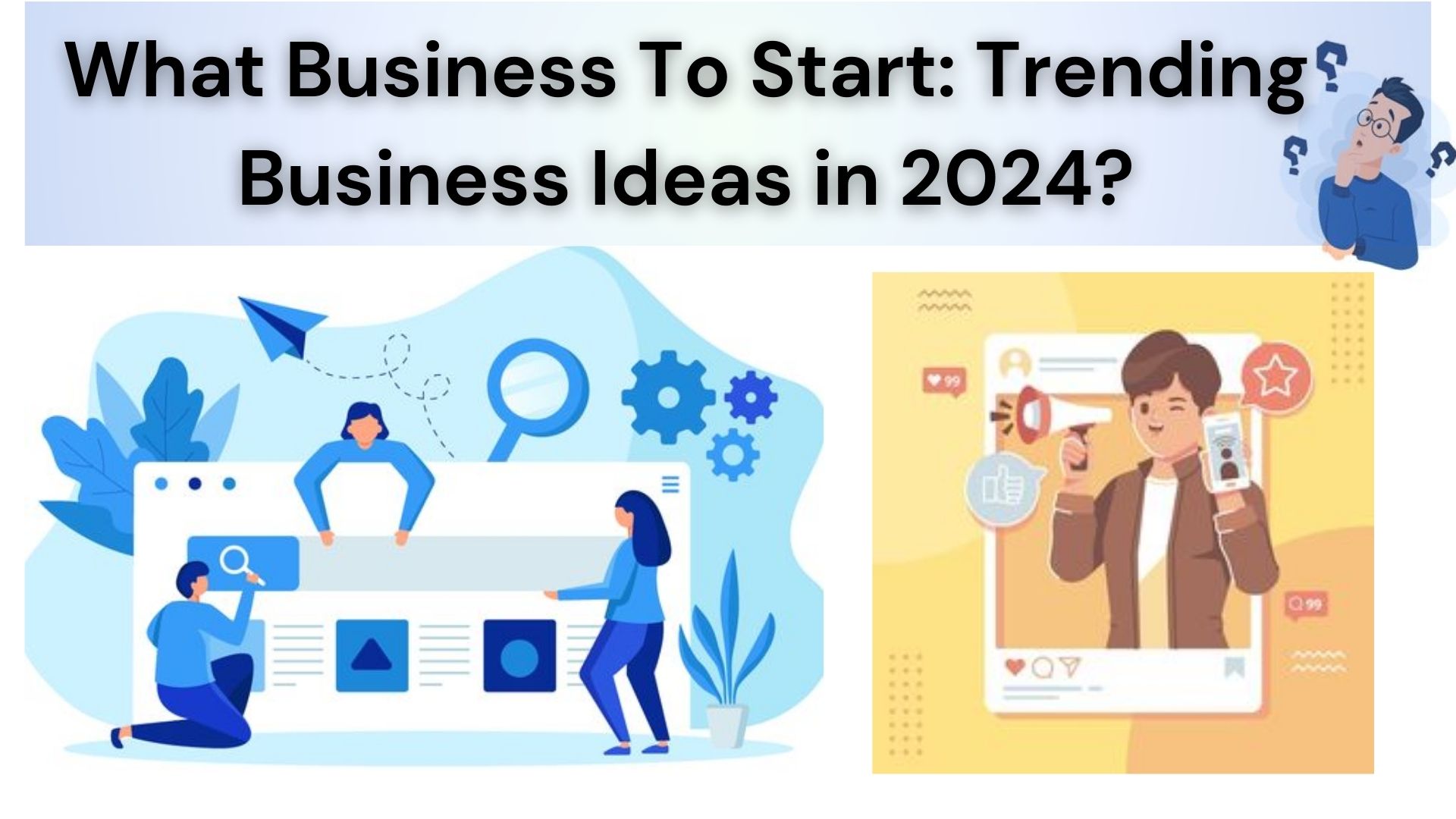The self-employed can struggle to secure a funding source because of a lack of a stable source of income. Irregular income is what makes a lender reluctant to sign off on your application. Whether you borrow money from a bank or a private lender, you will undoubtedly face complications when taking out a business loan.
However, it does not mean that you cannot qualify for a loan. You will need to go the extra mile to get the nod from a lender. Getting a loan as a self-employed is difficult as your affordability is doubted due to fluctuating income.
It is not easy for a lender to know whether you will earn a good amount of revenue throughout the loan term. Therefore, they might want additional documents. For instance, a bank statement and income statement from the previous year will be used to get n idea of your repaying capacity.
A lender must ensure that you have enough money to pay off the debt on time. Otherwise, you will wind up in debt. A responsible lender cannot loan you unless they are sure about your affordability.
Loans options you can consider
You can choose between various types of loans depending on your business needs. Before you put in the loan application, you should ensure that the funding source fits your needs. A lender can turn down your application just because the loan you are seeking is inapt for your needs.
Here are the loans that you should consider as a self-employed:
- Guarantor business loans
Guarantor business loans are unsecured business loans but come with a large sum of money. A lender may be reluctant to approve your application when you need a large sum of money due to an unstable source of income.
They might want you to put down security or arrange a guarantor in this situation. If you put down collateral, it should be worth more than the size of your loan. As a self-employed, it might be impossible for you to arrange something of higher value, especially if you are taking out a large loan.
You have the option of arranging a guarantor. It is a third person who enters into the contract and promises to pay off the debt when you make a default. Guarantor business loans are generally targeted at bad credit borrowers. Thus, the guarantor you pick must have a good credit rating.
Note that if you fail to pay off the debt, you cannot escape losing your credit points even if the guarantor clears the dues. In fact, this move will affect the credit rating of the guarantor as well.
- Unsecured business loans
Unsecured business loans, as the name suggests, are a type of loan that requires no collateral. The best part about these loans is that you do not need to lose a valuable asset in case you fall behind in payments.
These loans are small loans, yet you will pay them off in monthly instalments. The repayment length of these loans could be up three years, depending on the amount of money. It is crucial to have a good credit score to secure these loans.
If you have a bad credit rating, you will likely face difficulty getting these loans, but a couple of lenders provide unsecured business loans with no credit check. These loans are very small in nature and ideal for funding unexpected business expenses.
Since no hard credit check will be run, you can avoid losing your credit points.
- Commercial property finance
When it comes to commercial property finance, you often think you will not need it as a self-employed person. Such kinds of funding sources are available for bigwig enterprises, but that is not the fact. Suppose you run a store and you decide to move out somewhere else.
You look for a space and decide to buy it, but you do not have enough money to buy the property. Commercial property finance will come in handy then. You should have a deposit of at least 25% of the value of the property, and a lender will fund the rest.
These kinds of loans are also applicable for those storekeepers who eventually need larger space as they have added to the product line. Whether you are a restaurant owner or you are a storekeeper, these loans will be the best bet when you want to buy a larger or new space.
- Business credit cards
Business credit cards are similar to personal credit cards, but they can be used only for business purchases. These credit cards can come with a higher limit depending on your business profitability and your credit rating.
You can use your business credit card the way you want unless there is a restriction from the lender. Depending on the type of credit card and the purchase you make, you will be responsible for paying off the balance either in a lump sum or in instalments.
Although they may have a higher limit than your personal credit card, you should still be careful about the use of these cards. Try to pay off the balance on time so you do not end up losing your credit cards.
- A Business line of credit
A business line of credit is an alternative to business credit cards, but it works differently. It will allow you to borrow money up to a specific limit and then pay interest on that. The best part about it is that you will be paying interest only on the unpaid balance.
As you start clearing the balance, your interest amount will start going down. Secondly, it also allows you to reuse or reborrow the amount of money you have already paid off, partially or wholly.
The bottom line
You can consider various loan options as self-employed. Make sure that you use the option that suits your needs. Have a good credit rating and prove that your business has a strong repaying capacity.

Gary Weaver is a Senior Content Writer with having an experience of more than 8 years. He has the expertise in covering various aspects of business market in the UK, especially of the lending firms. As being the senior member, he contributes a lot while working at TheBusinessFunds, a reputed business loan broker.
Gary performs the major role of guiding loan aspirants according to their financing needs and also to write research based blogs for the company’s website. Previously, he has worked with many reputed business firms and therefore, he knows every nook and cranny of business financing market of the country. Gary is a post-graduate with having a degree of Masters in English language. He has also done post-graduate diploma in Business and Finance.






